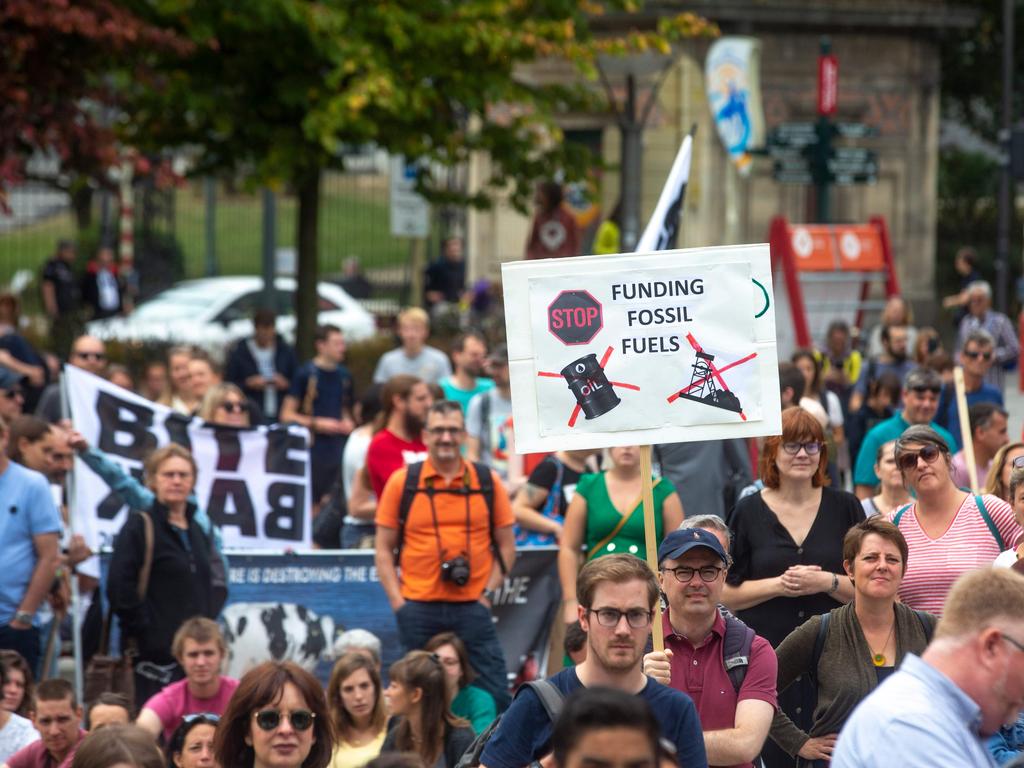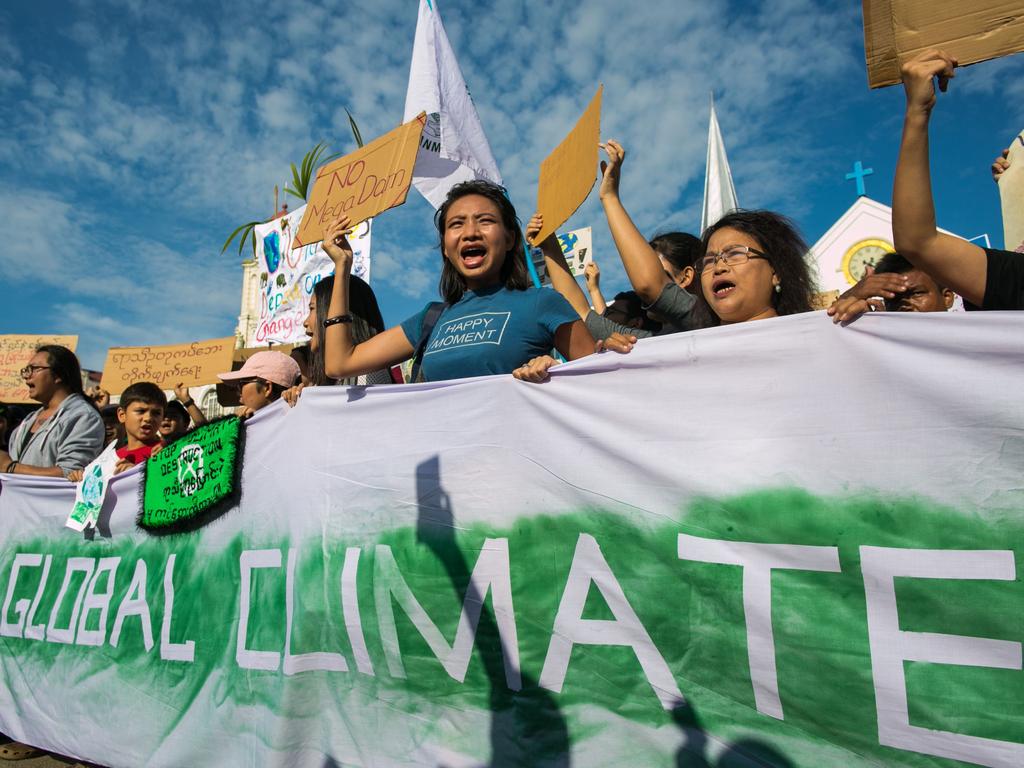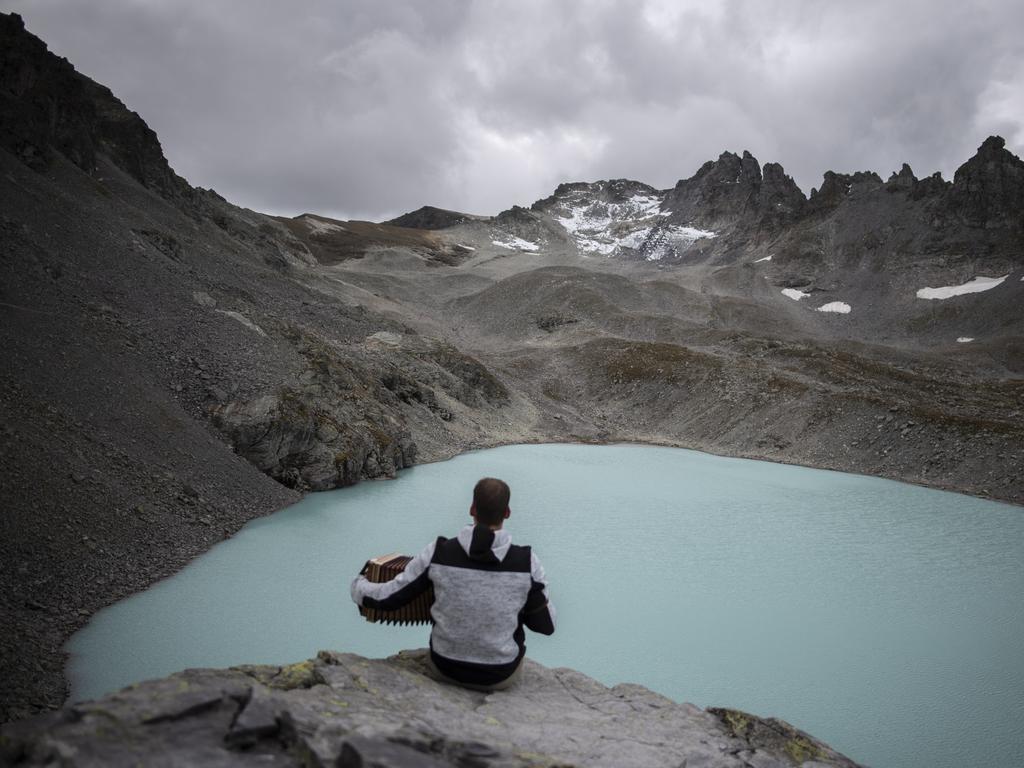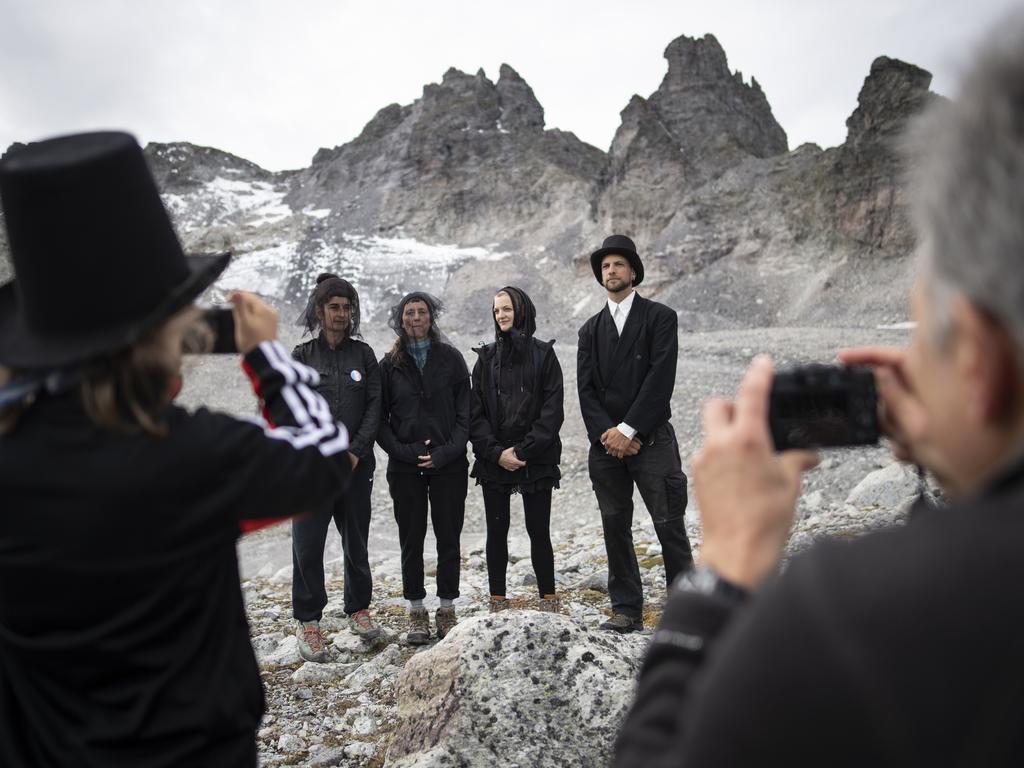Five-year period ending 2019 set to be hottest on record
The United Nations has issued a dire warning for the planet. And the impact on people will be catastrophic.
Average global temperature between 2015-2019 is on track to be the hottest of any five-year period on record, a UN report by the world’s leading climate agencies said.
“It is currently estimated to be 1.1 degrees Celsius above pre-industrial (1850-1900) times and 0.2 degrees Celsius warmer than 2011-2015,” said the report titled United in Science, a synthesis of key findings.
Other major takeaways from the report include that the extent of Arctic summer sea ice has declined at a rate of 12 per cent per decade over the past 40 years, with the four lowest values between 2015 and 2019.

Overall, the amount of ice lost from the Antarctic ice sheet increased by a factor of six each year between 1979 and 2017, while glacier loss for 2015-19 is also the highest for any five-year period on record.
Dr Pep Canadell, the chief research scientist at the CSIRO Climate Science Centre, warned emission cuts were urgently needed.
“If we increase to 2 degrees or above the impact of extreme weather events will be catastrophic for many economies,” he told the Sydney Morning Herald.
“It is very likely we will go to 2 degrees and if we don’t do a lot more we will go well above that.”
The report comes ahead of a major UN climate summit on Monday that Secretary-General Antonio Guterres has called to ask countries to raise their greenhouse gas reduction targets.
On this metric, too, the world is failing. The report found that rather than falling, carbon dioxide grew two per cent in 2018, reaching a record high of 37 billion tonnes.
More importantly, there is also no sign yet of reaching what is known as “peak emissions,” the point at which levels will start to fall, though these are not growing at the same rate as the global economy.
MORE NEWS
Russia’s Epstein ‘info’ could hurt Andrew
Trump reveals what he really thinks of Turnbull
Decorated soldier in AFP investigation

GLACIER GONE
It comes as dozens of people dressed in black went on a “funeral march” up a steep Swiss mountainside over the weekend to mark the disappearance of an Alpine glacier amid growing global alarm over climate change.
Around 250 people including children joined the solemn two-hour climb up the side of Pizol mountain in northeastern Switzerland to the foot of the rapidly melting ice formation, situated at an altitude of around 2700 metres near the Liechtenstein and Austrian borders.
“We’re here to bid farewell to Pizol,” Swiss glaciologist Matthias Huss said in a sombre speech after arriving at the glacier, one of the most studied in the Alps.

Eric Petrini, the chaplain of the Mels municipality where Pizol is located, called on “God’s help to tackle the enormous challenge of climate change”.
The speeches were accompanied by the mournful tones of alpenhorns — a 3.6-metre pipe-shaped wooden instrument. Some marchers also laid down flowers for the glacier.
Pizol “has lost so much substance that from a scientific perspective it is no longer a glacier,” Alessandra Degiacomi, of the Swiss Association for Climate Protection, told AFP ahead of the event.

Sunday’s march took place as the UN gathered youth activists and world leaders in New York to mull the action needed to curb global warming.
It came after Iceland made global headlines last month with a large ceremony and the laying of a bronze plaque to commemorate Okjokull, the island’s first glacier lost to climate change.




